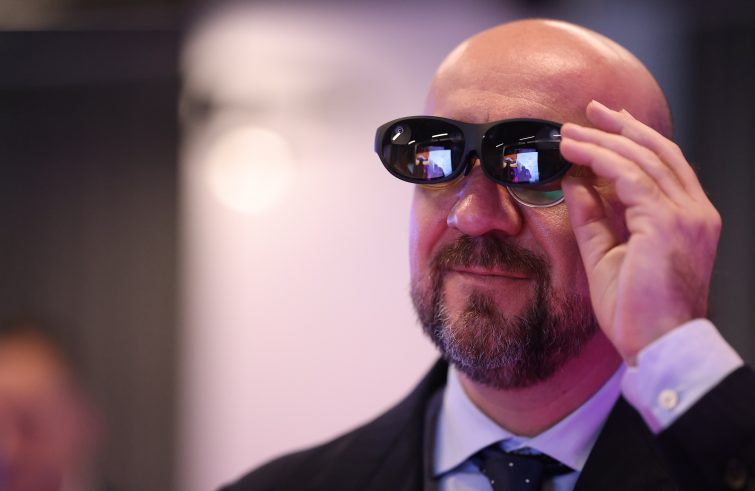
EU long-term budget, arms for Ukraine, Israel-Hamas war. And farmers’ protests (against inflation, unfair competition and European regulations). These are the key items on the agenda of the extraordinary summit of EU-27 Heads of State and Government on 1 February – bearing in mind the ‘strident’ position of Prime Minister Viktor Orban’s Hungarian government. Indeed, the agenda of the EU summit in Brussels was on the table for weeks. “In the face of unprecedented and unexpected challenges, including Russia’s war of aggression against Ukraine, the global COVID-19 pandemic and rising interest rates, the EU’s long-term budget needs to be reinforced as it has come under pressure,” reads a statement posted on the European Council’s official website several days ago. EU leaders are thus set to discuss the proposed mid-term revision of the multiannual financial framework (MFF) 2021-2027, which includes the creation of a Ukraine Facility to provide long-term stability to Ukraine.
In December, EU heads of State and Government discussed the financing of the most urgent and upcoming spending priorities,
including the external dimension of the EU’s migration policy (sea border surveillance), repayment and interest costs of the Next Generation EU recovery instrument, amounting to an additional financial envelope of €64.6 billion (€50 billion for Ukraine, €2 billion for migration, €7.6 billion for ‘neighbourhood and the world’, €1.5 billion for the European Defence Fund, €2 billion for the ‘flexibility instrument’, €1.5 billion for the solidarity and aid reserve).
There is no shortage of political challenges, many of which will inevitably remain on the table after the February summit.
The invitation Letter by European Council President Charles Michel to the EU-27 Heads of State and Government on 31 January makes this perfectly clear.
With regard to the Multiannual Financial Framework Michel pointed out: “At our last meeting in December, 26 Leaders firmly supported a balanced negotiating box which took into account a clear set of main priorities – support for Ukraine, management of migration and its external dimension, support for the Western Balkans and our response to natural disasters. This negotiating box sets the stage for finalising an agreement at 27.” The unmentioned elephant in the room is Orban himself.
Michel made a point of highlighting a further aspect: “Given the circumstances, we will also take this opportunity to further urgently address all aspects of our military assistance to Ukraine. This includes the delivery of ammunition, in line with our March 2023 European Council conclusions.” This “will also boost our European defence industry.” Not exactly the words one would expect from the EU, which was awarded the Nobel Peace Prize a few years ago.
Last but not least, the Middle East conflict, on which the EU-27 leaders have neither a united nor a clearly defined position.
“All hostages detained by Hamas have to be released without any pre-conditions”, Michel justly declared. Israel’s right to protect its citizens is out of the question. Charles Michel added: “we must urgently contribute to remedying the devastating humanitarian situation in Gaza. This means, stop the massacre of the Palestinians. Finally, “we should discuss how to revive the political process for a two-state solution – the only viable option that can bring sustainable peace for both Israelis and Palestinians and enhanced regional security.” Words of wisdom. And it is clear that Brussels has no shortage of problems to be tackled and solutions to be found.









